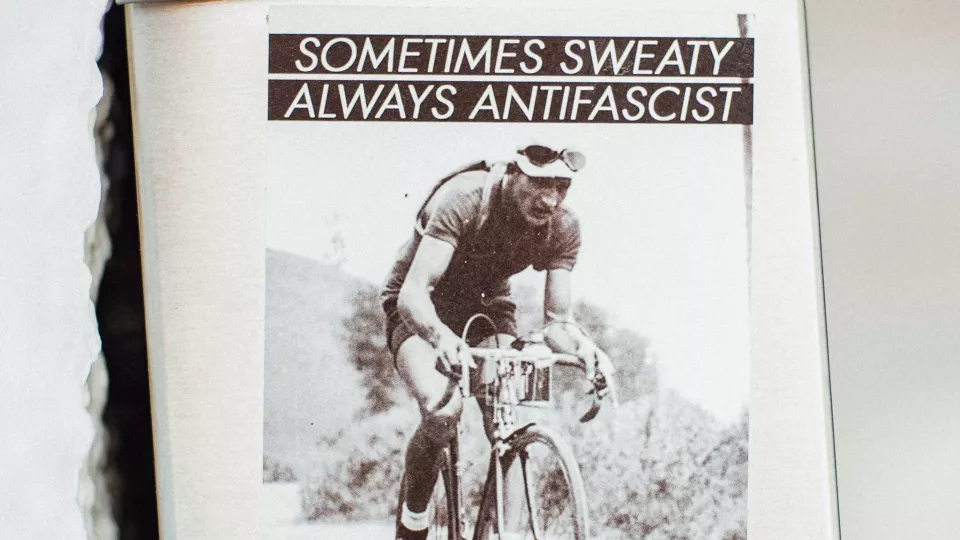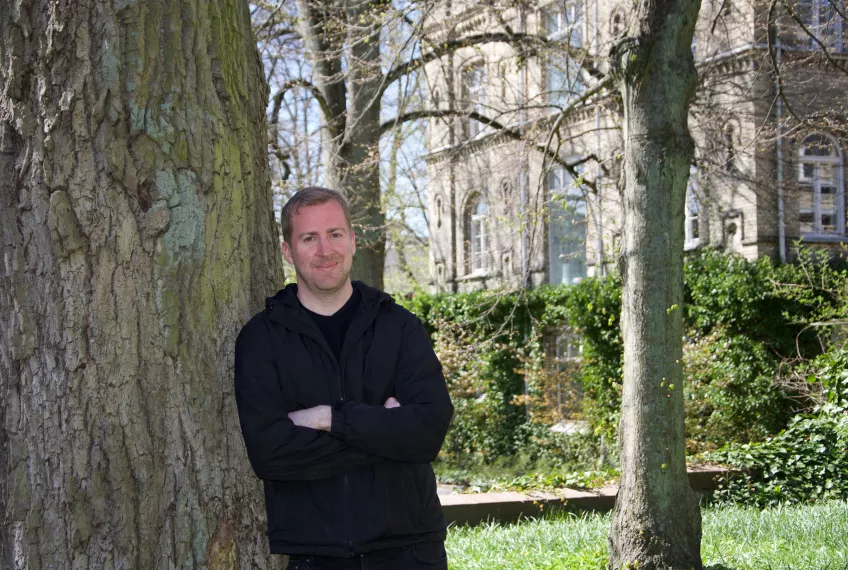Political engagement is changing form in Sweden. The place to find political action today is in everyday life, rather than solely in political organizations argues sociologist Colm Flaherty.
He spent the past five years studying changing forms of political participation in Sweden through the case of the extra-parliamentary left - several political groups and organisations without parliamentary representation guided by radical left-libertarian principles. He focused on a form of everyday political action where people attempt to create spaces where they experience sensations of intimacy, belonging, and of being at home as they work to create social change. Flaherty calls these day-to-day activities "a politics of community" and says they are essential to understanding the extra-parliamentary left and other political groups.
"We cannot only pay attention to their spectacular actions, such as demonstrations or political campaigns," he says. "Through focusing on the everyday life of political actors in Sweden, we can not only understand the changing nature of political participation in Sweden better, but we can even better understand the structures of the Swedish society and the norms of Swedish political culture."
One of his cultural observations concerns the labelling of the extra-parliamentary left as violence-confirming extremists. By engaging in strikes and other subversive political actions, they consistently transgress the norms of Sweden's political culture, creating an impression of the movement as violent and extreme. But Flaherty notes that they rarely engage in violence, are not always radical, and share many characteristics of Swedish mainstream political organisations.
"It is important to understand radicality in its context. Strikes can be a radical political action today in Sweden. In other times, or in other places, strikes were and are highly conventional. Thus, to understand what makes groups radical, we must not only study the radical group, but also the broader context and political culture in which they operate."
People who join radical political groups do so usually after participating in activities linked to the particular community. Members of the extra-parliamentary left often come from left-leaning subcultures such as punk or mainstream political youth organisations.
"Therefore, we should not pathologise or psychologise radical political action," Flaherty says. "Instead, to better understand different forms of political action, we must pay attention to the motivations, understandings, and actions of radical political actors, just as we would with conventional political actors."
One does not have to be an expert to do a political analysis. Flaherty suggests considering why we view some groups as radical and who initially gave them that label. He argues that this reveals something about our political norms and systems. In addition to typical political activities, like voting and campaigning, even contemplating how consumption habits, hobbies and relationships are political helps us better understand how our societies are organized, recreated, and change through everyday routines, and not just spectacular actions.
More information about Dr. Flaherty's research on his personal page.



